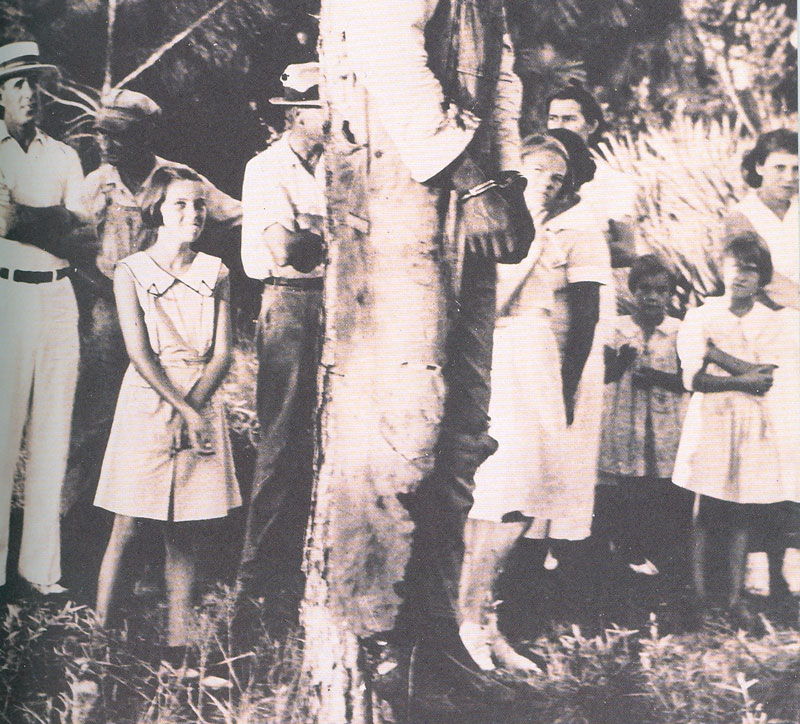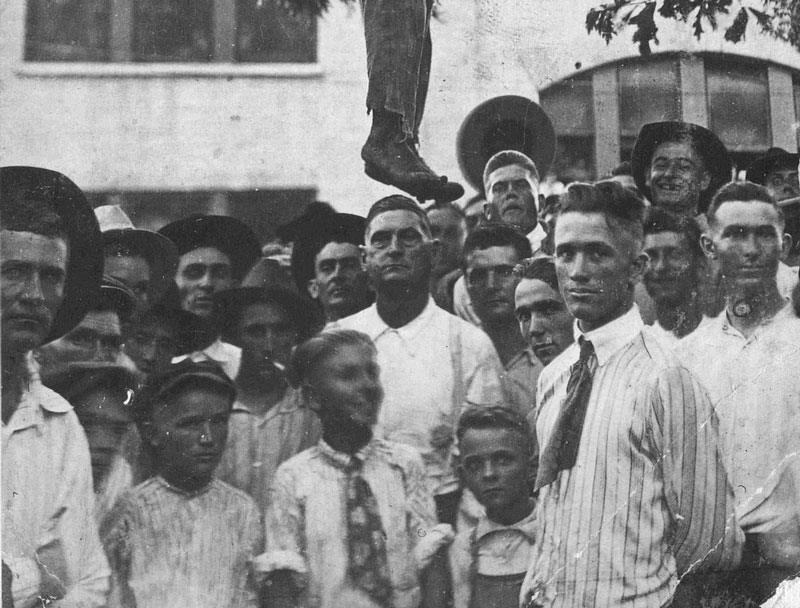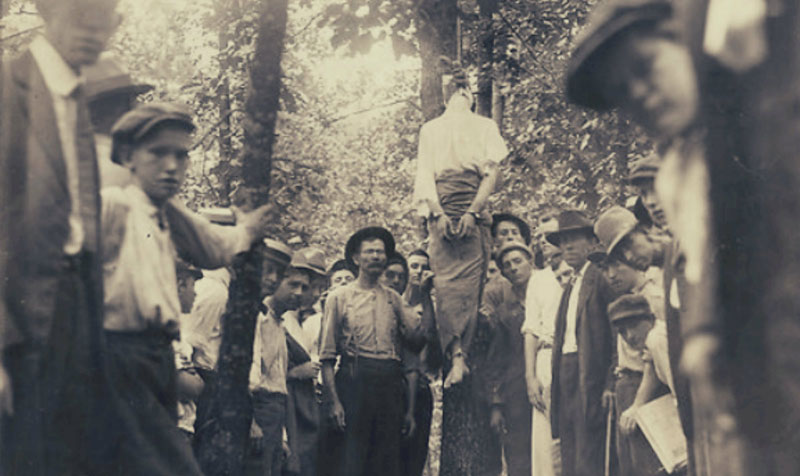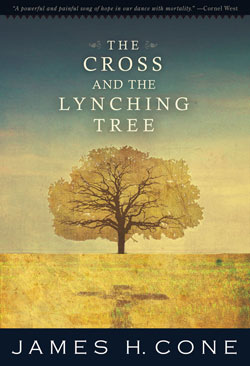Since June, I’ve been following a new anti-religion law in Russia which has been getting almost no coverage in the US (probably drowned out by the election). It’s pretty disturbing. I’ve been watching it because the United Brethren church supports missionaries in Russia, though we can’t identify them on the internet.
On July 20, Vladimir Putin (well on his way to dictator status) approved new laws which severely restrict Christians. The laws are embedded in a package of anti-extremism and anti-terrorism laws designed to keep Russia safe (sound familiar?). Putin is using islamic terrorism as a pretext for clamping down on all religious activity.
- Though not necessarily explicitly stated, the law does the following:
- Restricts all religious activity to registered church buildings or other places specifically designated for religious activity.
- Prohibits religious activities in private homes.
- Bans house churches.
- Bans informal witnessing–even responding to a friend’s questions.
- Prohibits sharing faith online, even in an email or text.
- Imposes fines of up to $15,000 on organizations.
- Requires missionaries to have permits, with connections to officially registered churches. Missionaries need a government permit to speak in churches and other settings.
- Requires citizens to report religious activity to authorities.
Russia’s Baptist Council of Churches said the new law “creates the basis for mass persecution of believers,” and described it as “the most draconian anti-religion bill to be proposed in Russia since Nikita Khrushchev promised to eliminate Christianity in the Soviet Union.”
Within a month of going into effect, at least seven people were arrested, including a Baptist preacher from the United States who held services in his home; he was convicted and fined. This past week, on October 11, a representative of the Ukrainian Reformed Orthodox Church was arrested while preaching to a Jewish group–something considered “illegal missionary activity.”
Putin built on his 2007 law that defined religious extremism as promoting “the superiority of one’s own religion.” That law has been used to arrest many nonviolent Muslims and Jehovah’s Witnesses and to label various religious texts as “extremist.”
The Billy Graham association cancelled a conference they had planned for October. The Mormon Church reassigned 65 missionasries who were originally assigned to Russia.
A Google search will produce a lot of information about the crackdown. However, it remains Page 4 stuff, and to my knowledge (I’ve searched), no presidential candidate has addressed it. Russia should not be our friend.






 “Lynching was the white community’s way of forcibly reminding blacks of their inferiority and powerlessness,” Cone writes. “The fear of lynching was so deep and widespread that most blacks were too scared even to talk publicly about it. When they heard of a person being lynched in their vicinity, they often ran home, pulled down shades, and turned out lights–hoping the terror moment would pass without taking the lives of their relatives and friends.”
“Lynching was the white community’s way of forcibly reminding blacks of their inferiority and powerlessness,” Cone writes. “The fear of lynching was so deep and widespread that most blacks were too scared even to talk publicly about it. When they heard of a person being lynched in their vicinity, they often ran home, pulled down shades, and turned out lights–hoping the terror moment would pass without taking the lives of their relatives and friends.”


